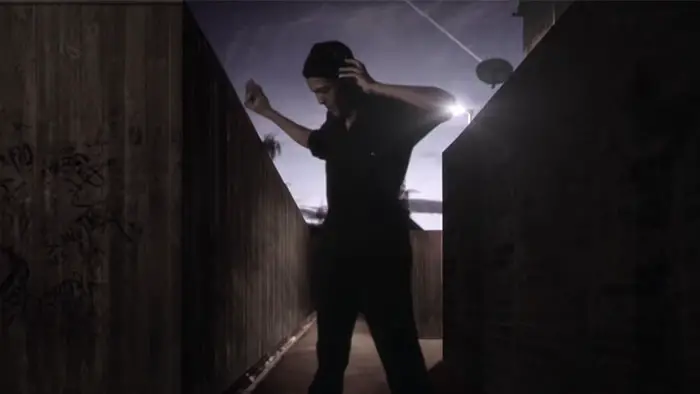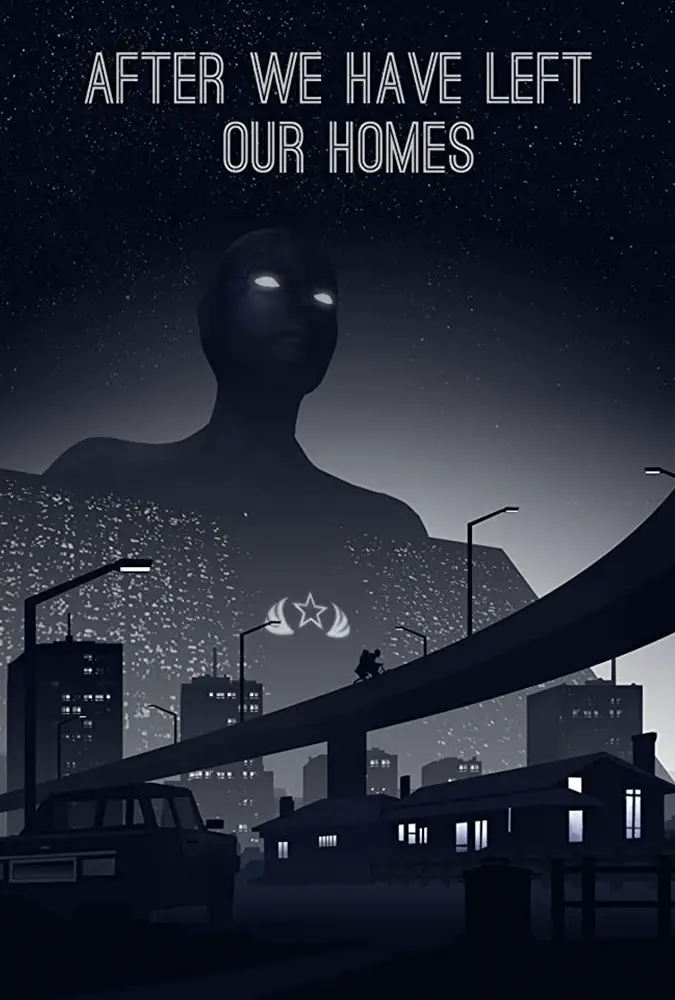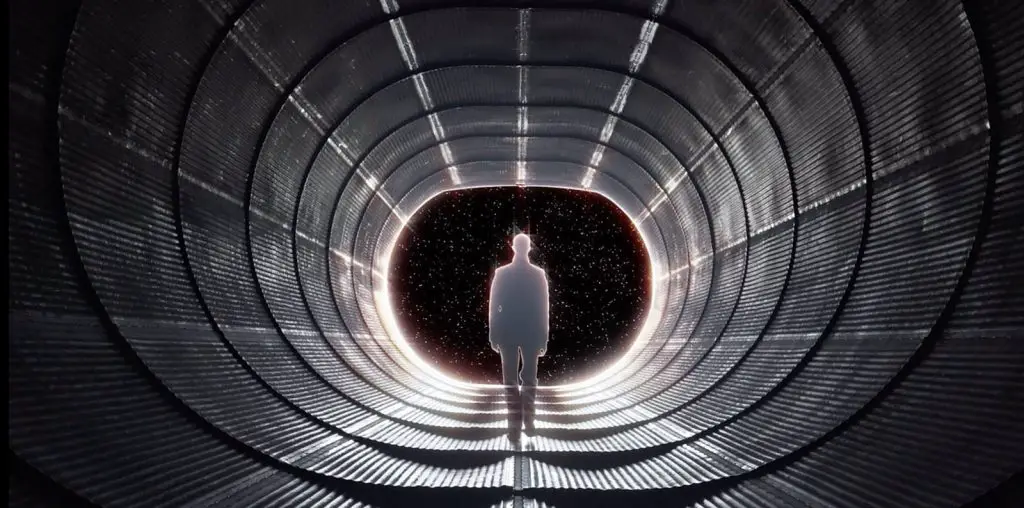
In a world that is now on lockdown, a substantial amount of people are relying on art to quell the monotony or loneliness of social distancing. From film to television to literature to music, any good piece of art keeps us engaged. Film and television move and challenge us, visually, while music commonly collates vocal and instrumental sounds to express harmony and emotion.

“…the book in his hand is concealing something illicit: a record.”
It doesn’t take a genius to know that sound affects our body in a way that no other art form does. But what happens when music is taken away from listeners? What happens when art is censored, and our critical thinking is being forcefully restricted based on what the government deems essential or inessential works of art? In North Korea, classic literature such as Fahrenheit 451 is banned. Censorship still exists today, and who knows how and if it’ll evolve in the forthcoming decades.
Marc Adamson’s After We Have Left Our Homes underscores a lugubrious dystopian society where highly advanced machines patrol the streets, a totalitarian dictatorship is in effect, and freedom of expression is a thing of the past. A hypnotic collection of overhead and establishing shots instantly immerses you into the dreary world, which Adamson emphasizes with a black-and-white aesthetic that exudes numbing desolation. Flowery narration about the authoritarian government coincides with the fleeting, yet spellbinding glimpse of the character’s forbidding future. As our unnamed and slender protagonist so bluntly puts it: “Freedom of expression has become an outdated concept. Individuality is a suspect ideology. And music? Contraband.”

"…a totalitarian dictatorship is in effect, and freedom of expression is a thing of the past"


